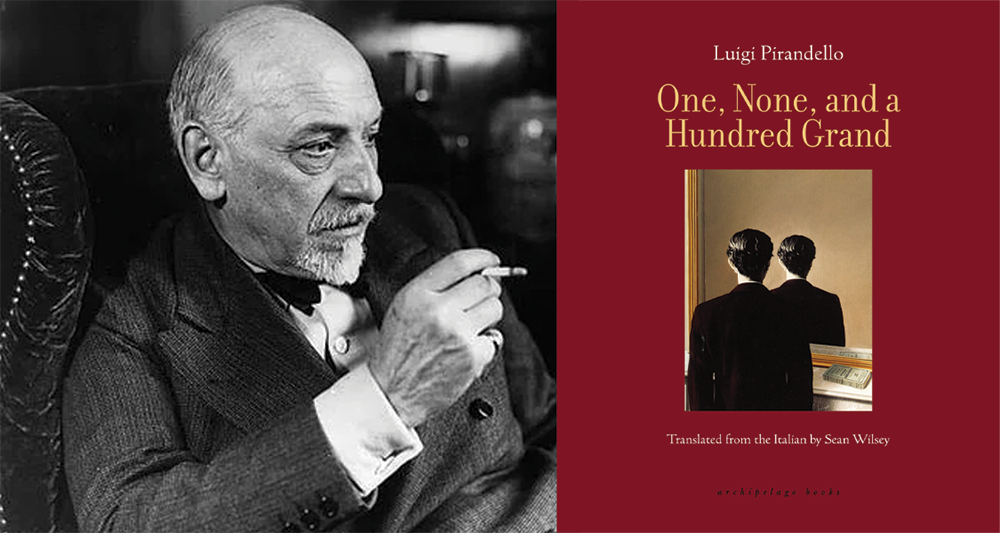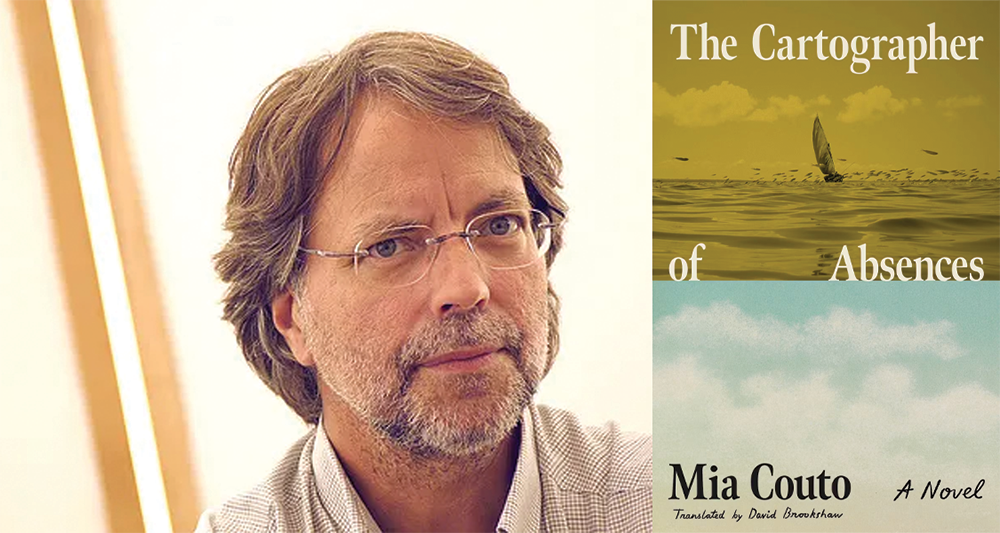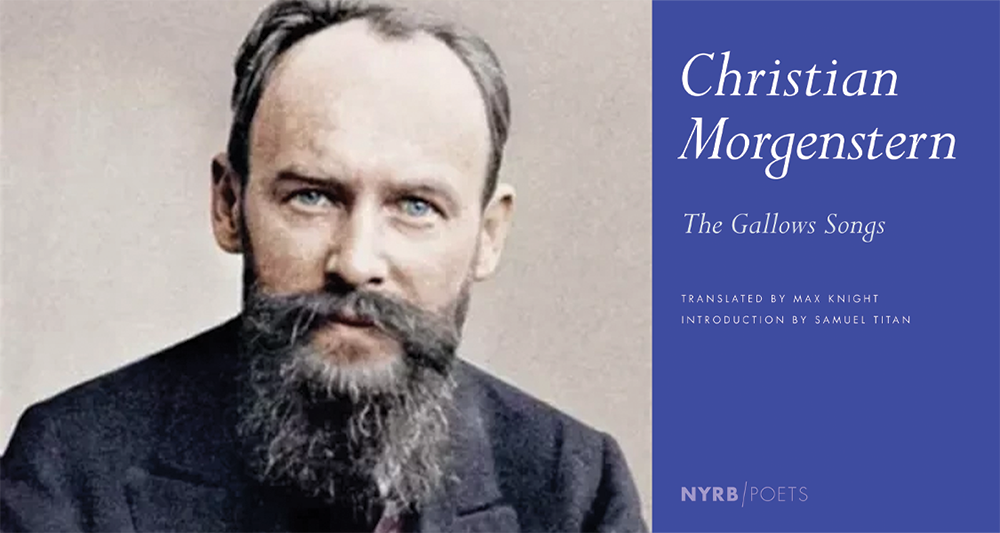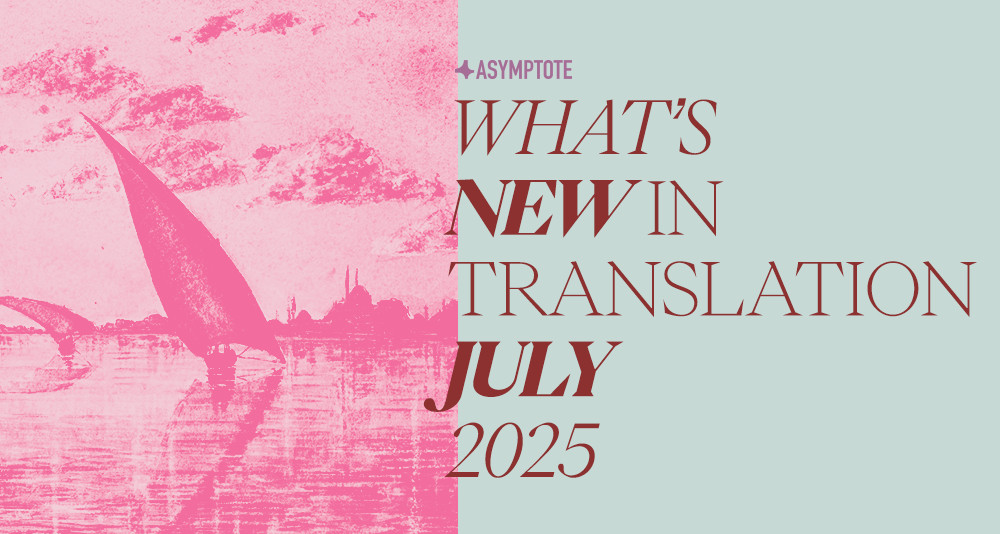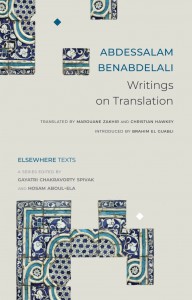Posthumous Stories by Roberto Bolaño, translated from the Spanish by Chris Andrews and Natasha Wimmer, Picador, 2026
When Roberto Bolaño died at age fifty of liver disease, he left behind more than fourteen thousand pages of unpublished material; in the two decades since, his posthumous career in English translation has become as prolific as his final living years were urgent. Posthumous Stories, published in Spanish as El secreto del mal in 2007 and first appearing in Chris Andrews and Natasha Wimmer’s English translation in 2012, represents neither the first nor the last excavation of those folders on his hard drive. The collection arrives with no apology, no editorial disclaimer. Some pieces may be finished. Some may not. It becomes impossible to tell.
This ambiguity extends beyond the individual stories to encompass Bolaño’s entire English-language afterlife—for Anglophone readers have almost entirely encountered him only since his death: 2666 appeared in Spanish in 2004 but reached English readers only in 2008, while The Skating Rink (2009), The Third Reich (2011), Woes of the True Policeman (2012), The Spirit of Science Fiction (2014), and Cowboy Graves (2021) all arrived in English translation years after their Spanish publication. Even The Savage Detectives—the novel that finally brought him international recognition after originally being published in 1998—only appeared in Natasha Wimmer’s translation in 2007, four years after his death. For most American and British readers, Bolaño exists exclusively as a legacy author, his work arriving piecemeal, assembled by editors and translators working from files named BAIRES and STORIX, making educated guesses about intention and completion. READ MORE…


